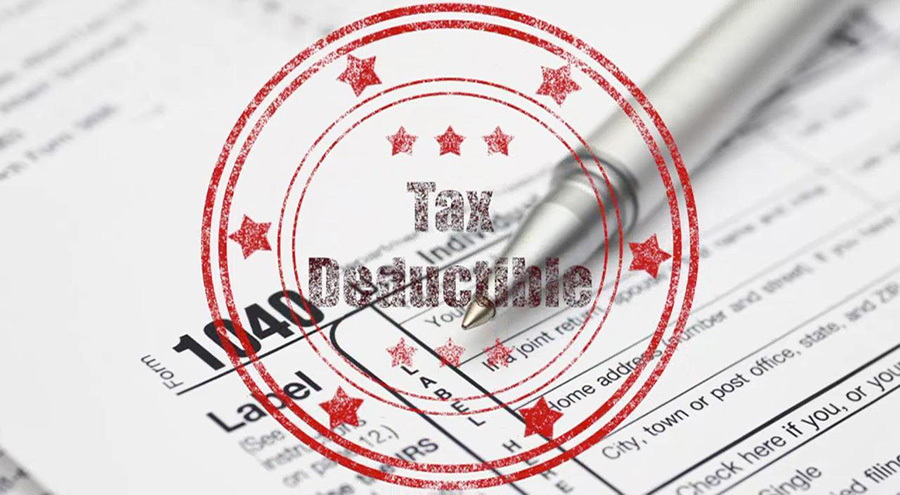Research Australia welcomed the Government’s announcement in the May 2021 Budget that it would introduce a patent box tax concession for the medical and biotechnology sector. As part of the further development of this proposal, the Australian Treasury has issued a consultation paper, outlining the key features. Research Australia’s response addresses several major concerns with the proposal including the focus on incentivising licensing but not manufacturing, and limiting eligibility to patents granted in Australia.
We are working with our membership and other key stakeholders across the sector, and look forward to engaging further with Treasury as the development of the patent box continues.
Research Australia’s submission is available here.





